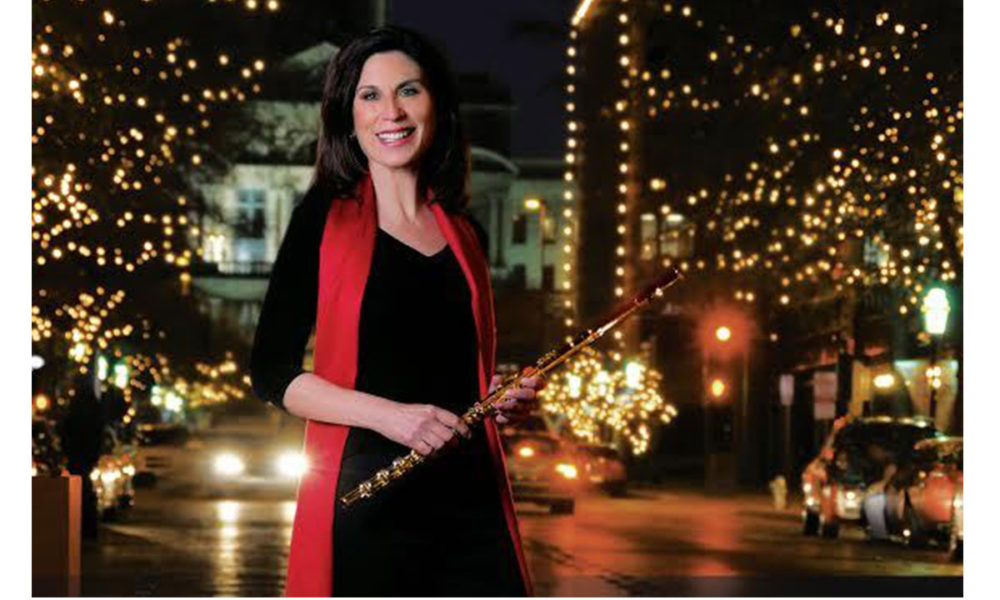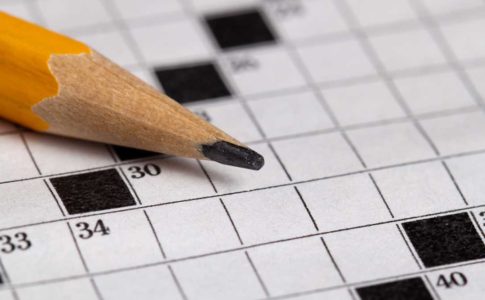Beginning the new marching season is an exciting time with drill to learn and music to master. Learning new music is challenging, but identifying basic details of key, meter, and musical patterns moves the process forward quickly, adding accuracy and saving time in the process. Try these simple steps to learn music faster and better this year!
Look at the Key Signature
Check out the sharps and flats shown at the beginning of the chart. Knowing those will help you identify the name of the key. Play the corresponding scale and arpeggio, paying close attention to the sound as well as to fingers patterns. Sing or hum the tonic to establish the pitch before playing on your instrument.
Look at the Time Signature
The time signature is indicated by the numbers printed immediately after the sharps or flats at the beginning of the chart. Count several measures out loud to establish the rhythmic pulse. Time signatures often used in marching band music include common time (written as 4/4) when the quarter note is used as one beat and cut time (written as 2/2) when a half note equals one beat.
Visually Scan the Chart
Look for familiar scale or arpeggio patterns and similarities or differences in phrases before playing for the first time.
Choose an Appropriate Tempo
Pick a comfortable tempo, so that your eyes move constantly ahead, avoiding stops and starts when learning notes and rhythms. Remember that music flows forward and must be smooth in order to create a great impression on the field.
Practice slowly using a metronome when learning new music and build tempo gradually by increasing the metronome setting by one unit for each repetition. Don’t settle for mistakes.
Enjoy learning new charts perfectly by taking time to learn slowly … then you will be confident in the music and ready to combine it with your marching drills.
Best of luck with the fall season of competitions, festivals, and parades!


